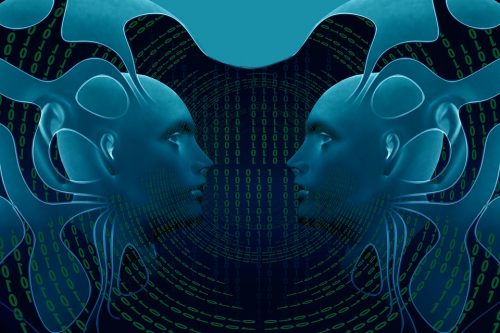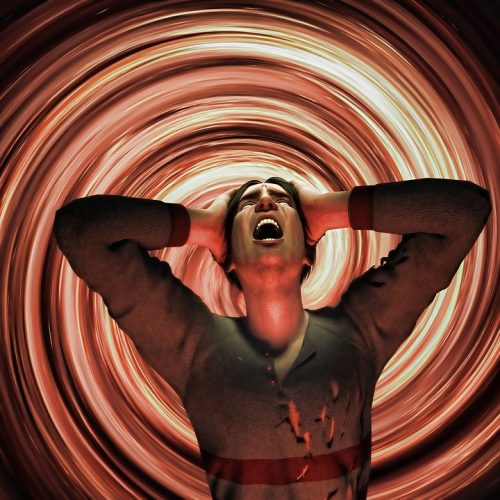
There seems to be something inexplicably compelling about the nature of conspiracy theories—more than 50% of Americans believe in at least one. — Sander van der Linden Ph.D.
Believing in the unbelievable and somewhat unexplainable is a way for people to cope with the uncertainty of the world.
The current president of the United States publicizes conspiracy theories left and right claiming that his phone was wiretapped by President Obama when he was campaigning for the presidency. He also said climate change is just a hoax that was perpetrated by China even though everyone knows that it’s real and it’s happening.
The thing is, President Trump is not the only one who is fond of jumping into conspiracy theories whenever there is a need to explain some complicated issue that is happening around the world. What he doesn’t (or does) realize is that coming from his position of influence and power, touting conspiracies like it was just some piece of unimportant information is damaging.

Why Conspiracy Theories Are Ruinous
The pain and suffering brought about conspiracy theories can tremendously hurt especially the people who are involved within the context of the story. Say, for example, the parents of the murdered Sandy Hook children, who, until this day, are still being charged by a lot of people of making up stories. Even if the shooting was all over the media, there are still those who believed that the parents of these slain kids who suffered an insurmountable amount of loss and grief are actually lying.
Alex Jones, who is a vocal Trump supporter and the host of Infowars has been generously throwing a lot of conspiracy theories – from the infamous hoaxed global warming to Sesame Street normalizing autism and so much more. But even with the existence of reliable scientific evidence, there are still people who would rather believe someone who is endlessly ranting about conspiracy theories on television. Why?
Conspiracy theories arise surrounding many different events and issues, from assassinations to suicides, terrorist attacks to wars, and scientific theories to medical treatments. — Tomas Chamorro-Premuzic Ph.D.
The Appealing Characteristics Of Conspiracy Theories
Psychiatry explains why people are drawn to conspiracy theories to the point of relinquishing the truth and believing the lie altogether.
The Definition.Conspiracy theory, in the most straightforward sense, is the assumption that there are influential people who are secretly conspiring to create plans or schemes that are exponentially malevolent. These theories have become quite convincing because of the fact that they are used as a tool to expound peculiarities or baffling realities.
The Dilemma.Things are occurring in the world at this very moment that cannot be elucidated clearly. Often, when individuals are unsure when it comes to change — when they got fired, or when terrorism or a natural disaster has happened — they are inclined to the tendency of wanting to figure out what’s going on. With this also comes the propensity to consider the worst. The combination of figuring out what in the world is happening and considering the worst usually leads to the creation of conspiracy theories.
The Beginning. Conspiracy theories are particularly conceivable to flourish during times of increasing uncertainty in a specific society, most likely after a notorious incident has happened. These significant, often heart-wrenching incidences would instantaneously imply immediate yet threatening changes in society and reality.
The Susceptibility. When one person is more susceptible to conspiracy theories than others, there are a few reasons behind that.
- Education Level – conspiracy theories are less likely seen in highly educated individuals and are more likely among the less educated.
- Political Ideology – whether left or right, it is found out that the more a person’s political views become radical, the higher chances of believing conspiracies.
- Collective Narcissism –due to their nature (thinking they are superior to others), narcissistic folks would rather believe in the unexplainable than settle with substantial evidence.

In a turbulent, scary world, conspiracy theories are what other people cling to for control and answers. The good news is, everyone’s not predisposed to conspiracies; there are still people who stand out to find truth amidst the liberal lies.
Still, while these conspiracy theories may seem harmless enough, the consequences of these beliefs can be far more damaging than you might realize. — Romeo Vitelli Ph.D.